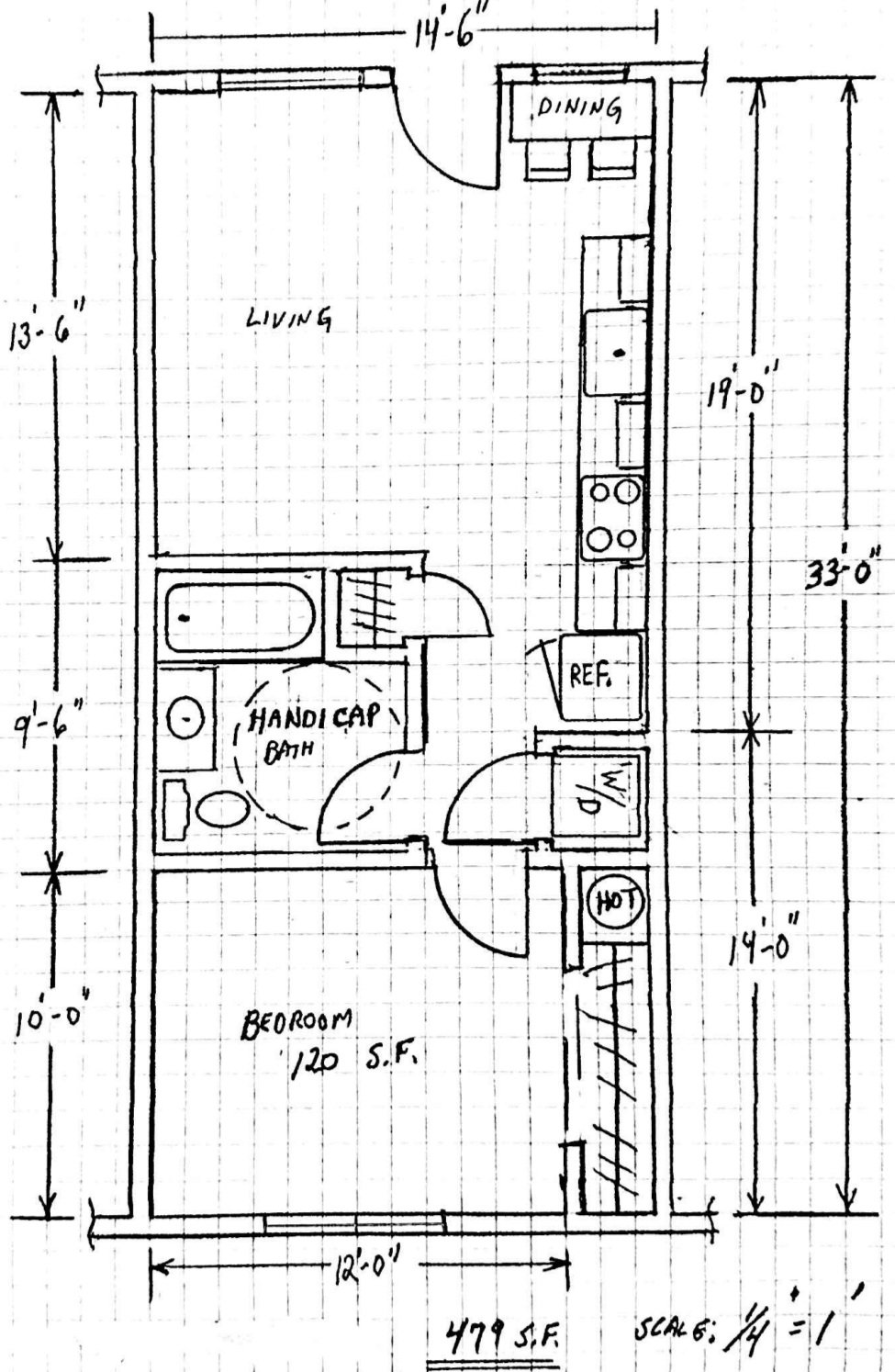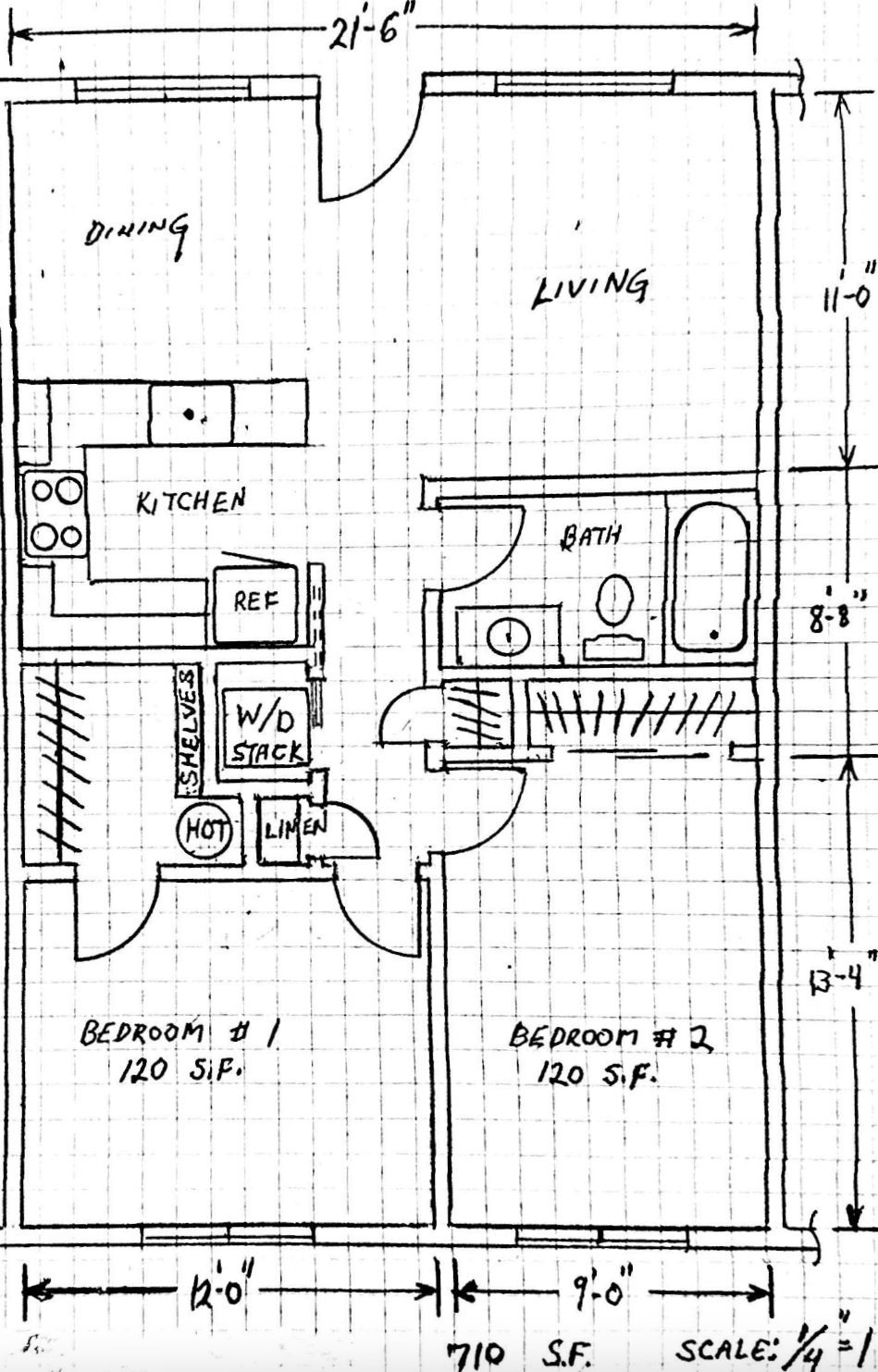Affordable Housing
Kingston Cares collaborates with the community to create and advocate for affordable housing opportunities.
We love this beautiful place we call home.
But for many neighbors, increased housing prices, limited high income local jobs and lack of rental properties require moving to South Kitsap and beyond, where cost of living is more attainable. These inequities disproportionately impact our seniors, young adults, single parents and marginalized groups, many of whom have to uproot their deep connections in our community. It’s time for a change.
We envision a Kingston and North Kitsap with housing options that are affordable at all levels, for all people.
We share this vision with many others in our region, and over time have built a significant network of community members rallying together for change. These relationships have led to exciting progress, including the first Kingston Cares affordable housing project. Read more below!
Since our beginning, we’ve held a vision of catalyzing a new affordable housing project in Kingston.
Vision to Reality
After a decade of searching and preparing, Kingston Cares received a significant anonymous donation that allowed us to purchase a single family home on a large lot adjacent to the Village Green, just yards away from the pea-patch tool shed that sparked our beginning as an organization.
We are currently partnering with local nonprofit Kitsap Homes of Compassion to rent this home to women and children in need of transitional housing while we are in the pre-development phase to transform the property into several units of permanent affordable housing.
As we look toward the future of this exciting project, we invite you to stay in touch with us through our quarterly newsletter and by joining us at a Kingston Affordable Housing Working Group monthly meeting. Together, let’s make this a vision a reality!
Concept sketches by Dave Wetter
Get involved with our dedicated network and join the Kingston Affordable Housing Working Group
Affordable Housing FAQs
-
Affordable housing is typically defined as housing that costs no more than 30% of the household income. For renters this includes rent and utilities, while for homeowners this includes mortgage payments, property taxes, insurance and utilities. The 30% threshold is intended to ensure that households have enough income remaining for other necessities.
Affordable housing models are wide-ranging and work best when they’re tailored to the needs of the community. In addition to meeting income affordability requirements, some forms of affordable housing are meant for specific populations such as seniors, veterans, persons with disabilities, mental illness or substance abuse recovery, aging out foster youth and neighbors that are underhoused or living outside. They can be transitional (typically 3 months to a couple years) or permanent (sometimes as a rental—so long as the resident remains eligible—and other times leading to home ownership). Some developments offer support such as on-site property management, social services or assisted living, while some provide housing-only.
As you can see, the broad range of affordable housing gives us a lot of options for what needs best suit Kingston and North Kitsap, and we are working to bring those options to our community.
-
Many first responders, front-line workers, seniors, young families and more cannot sustain the cost of living in North Kitsap.
Entry-level grocery workers and mail carriers would need to spend more than half of their take home income to rent the cheapest one-bedroom apartment on the market. The average senior living exclusively on Social Security would need to spend approximately 75% of their income to afford that same apartment. As of 2023, almost 25% of households in North Kitsap would need to spend more than 30% of their income to pay for the cheapest one-bedroom rental property on the market (US Census ACS 2023 5-year survey).
What if our children’s teachers, our firefighters or other front-line workers want to put down roots here and purchase a home? In 2025, entry-level teachers and firefighters in North Kitsap would need to give up approximately 100% of their take-home pay to make a monthly mortgage payment on a modest home—and that’s before buying groceries, fixing the leak in the roof or even considering paying for day care. The people we entrust to take care of our children and protect our homes cannot afford a home for their own families.
The implications of the current housing market is that:
many people who are in direct service of the public can’t afford to own a home in the communities they serve
many people living in Kingston couldn’t afford to buy their own home in today’s housing market because housing prices have risen far more quickly than income
people wanting to move into the area are limited to a small population that can make a significant income
people living on a fixed income, such as social security, disability, pensions, or those who rely on supportive services, are excluded from rental or purchase options.
If we want a North Kitsap where everyone, including seniors, young families and folks on the front-lines and those needing supportive housing can sustain the cost of living here —we need affordable housing.
-
Yes, building affordable housing takes creativity, stamina and hard work. The timelines can be long and the process can be frustrating, but we believe there are pathways to completion by identifying and overcoming the following challenges. You can help:
Change perceptions. Without information, some people operate under the assumption that affordable housing encourages homelessness, increases crime, negatively impacts property values and ruins the character of a neighborhood. Talk with friends and neighbors about why affordable housing is needed (it helps when you share a personal story about your adult child or great aunt unable to afford living here) and offer up examples of what thoughtful housing options can look like!
Increase funding options by advocating for legislative dollars at county, state and federal levels, because affordable housing is drastically under-funded as compared to the urgency of need.
Rally folks with skills, such as the trades or built environment professionals. Some small scale affordable housing projects really benefit from volunteer labor, drastically reducing overhead costs and improving project outcomes by integrating their feedback and expertise!
Consider donating land, because land acquisition is one of the biggest costs and hassles to beginning a project. One of the major opportunities we have in North Kitsap is a large amount of available land possibilities. We’ve seen some really cool developments on Church and other religious-affiliated properties, as there are fewer restrictions and ample room for multiple units! While all properties are not suitable for affordable housing, it’s worth making contact with nonprofits working in affordable housing (such as Kingston Cares) if this is feasible for you!
Advocate for permitting allowances within Kitsap County Department of Community Development to make it easier for implementing creative solutions that add to diverse affordable housing opportunities. One of the best ways to do this is by joining the Kingston Affordable Housing Working Group!
-
The Kingston Affordable Housing Working Group (KAHWG) is not a Kingston Cares program — rather, it is a collection of community-minded individuals who are working on various housing projects around Kingston and North Kitsap. Kingston Cares works closely with KAHWG, and we’ve built strong relationships with others as we develop our own affordable housing project and advocate for other affordable housing projects.
The KAHWG meets monthly (in person or digital) to update each other on various aspects of project progress, challenges and address next steps. You can sign up to receive updates including the next date and time of the meeting by clicking on the “Join KAHWG Mailing List” button above.
-
Building a small unit on your property as an affordable, year-round rental is one of the easiest, fastest ways of contributing to more housing options! It provides you with a predictable income each month, increases your home value, is relatively easy to finance and there are lots of modular designs available. Further, it’s one of the easiest options to get permitted as it fits the character and feeling of our more rural county. We think it’s an incredible, sustainable solution to finding pathways to housing diversity!
If you’re looking to get support for your prospective project, we invite you to join the Kingston Affordable Housing Working Group, where we have similar-minded folks looking to make change in exactly these kinds of ways.
-
Absolutely! In the last decade, we’ve seen a huge boom in creative, well-designed and implemented housing projects.
For Indigenous-led developments, see what the local Suquamish and Port Gamble S’Klallam tribal governments are implementing.
For home-ownership models, check out SquareOne Villages, Habitat for Humanity and Homestead Community Land Trust.
For some great local affordable housing with various scopes: Kitsap Homes of Compassion, Times Square Apartments and Martha & Mary.
-
While we cannot speak to the entirety of housing discrimination history in our region, it is important to acknowledge that by residing in North Kitsap, we live on the Indigenous Coast Salish ancestral lands of both the Port Gamble S’Klallam and Suquamish. Each of these tribes were deeply impacted by respective treaties and U.S. violations of those treaties that forcibly moved them from traditional communal living onto fragmented private property. Many Indigenous tribal members lost rights to their land if they were not deemed “competent” by agents of the U.S. government.
We invite you to read about tribal history in their own words here:
Port Gamble S’Klallam on history and Point No Point Treaty of 1855
Suquamish on history and Port Elliott Treaty of 1855
The University of Washington is currently examining redlining policies in legal documents to uncover racially discriminatory covenants, made public on this database. Continually updating as more information becomes available, researchers have found numerous parcels in Suquamish and Bremerton that were reserved explicitly and exclusively for Caucasians. Examples in this database are limited to explicit, parcel-level housing discrimination.
North Kitsap has also been subject to far-reaching discriminatory practices present nationwide that have impacted marginalized families’ abilities to access housing, including discriminatory lending, employment, zoning and carceral policies and practices.
While we cannot undo the past significant harm of housing discrimination in North Kitsap, Kingston Cares supports a present and future where housing is accessible to everyone.



